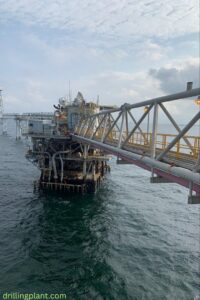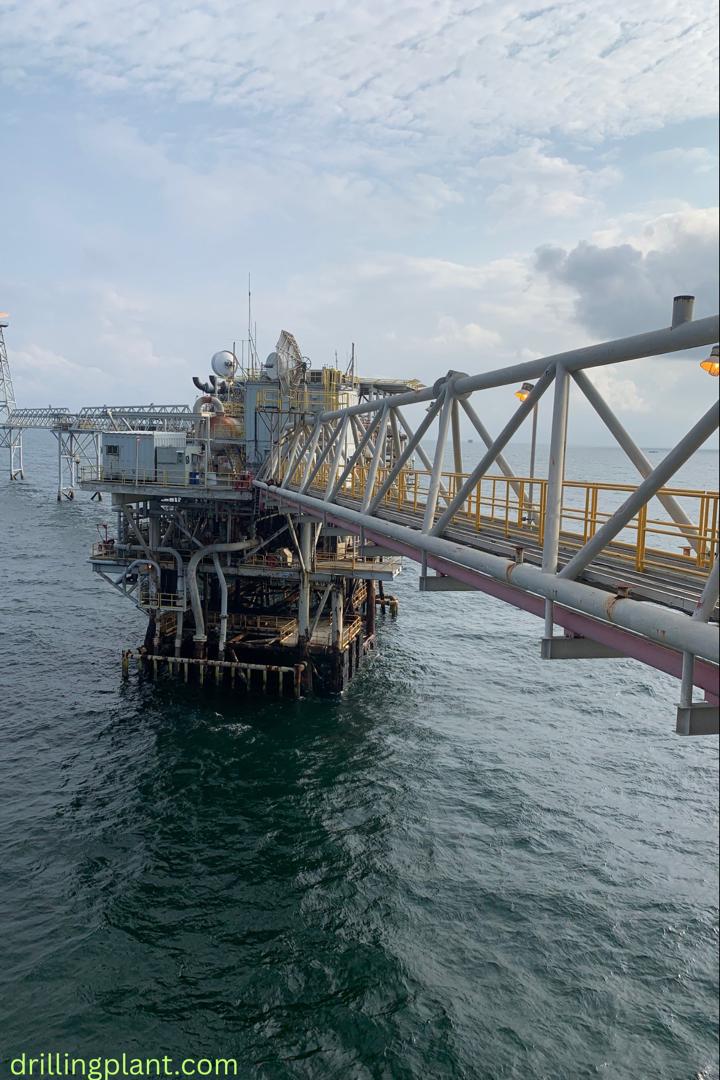How to become an offshore worker in Nigeria’s oil and gas industry (Tips)
Working offshore in the oil and gas industry can be a rewarding career, offering competitive salaries, unique work environments, and a chance to travel. However, breaking into this field requires specific qualifications, training, and willingness to embrace a challenging lifestyle.
Who is an offshore worker?
This individual is employed primarily in the oil and gas industry and works on facilities located at sea or near a coast such as offshore oil rigs, drilling platforms, or production platforms. These workers can have a range of roles including engineers, technicians, drillers, and support staff (such as chefs, roomkeepers, laundry, security, etc.)
Here is a step-by-step guide on how to become an offshore worker in the oil and gas industry in Nigeria.
1. Have your Offshore Safety Permit (OSP)
Offshore Safety Permit is a personnel accountability System (PAS) designed by the Department of Petroleum Resources for the tracking of personnel working onshore and offshore locations, managing installations owned and/or operated by Oil and Gas operators and contractors in Nigeria.
The fundamental purpose of OSP is to account for and save the lives of the oil and gas workers through effective training in compliance with minerals oils (Safety) Regulations and international codes, Standards, and Best Practices. OSP helps to ensure that basic safety/survival training and medical fitness are obtained before deployment and equally provides real-time information on personnel movement to and from worksites which creates a platform for managing immigration activities.
2. Complete Safety and Certification Training, Basic Offshore Safety Induction and Emergency Training (BOSIET):
This is a mandatory safety course for offshore workers, covering emergency response skills, firefighting, helicopter safety, and sea survival techniques.
3. Develop Essential skills
- Physical Fitness: Offshore work can be physically demanding, requiring strength, stamina, and the ability to work in challenging conditions.
- Technical Skills: Proficiency in your skills, with tools, machinery, and technology relevant to the specific service you want to deliver.
- Teamwork and communication: Strong communication skills and the ability to work well within a team are crucial in a close-space environment.
4. Obtain Relevant Education and Training
- Technical Training: Many technical colleges and oil and gas servicing companies offer programs related to the oil and gas industry, training like scaffolding, fitters, welding, instrumentation and control, electrical, well intervention, pipelines inspection, pipelines repair with formashield technology, etc.
- Degree in Engineering and Geosciences: For more advanced positions, such as engineers or geologists, a bachelor’s degree in a relevant field is often required.
5. Apply for Offshore Jobs
- Research Companies: Look for reputable oil and gas companies that operate offshore rigs. major companies like Shell, TotalEnergies, Chevron, Seplat, and ExxonMobil often have job openings listed on their websites.
- Prepare Your Resume: Highlight relevant experience, certifications, and skills. Tailor your resume to each specific job application.
- Networking: Connect with industry professionals through networking events, oil and gas industry conferences, and online platforms.
- Recruitment Agencies: Consider registering with recruitment agencies that specialize in placing workers in the oil and gas industry.
6. Prepare for Offshore Life
- Understand the lifestyle:
- Offshore work typically involves long shifts, often 12 hours per day, and extended periods away from home usually 21 days on, 14 days off for some international oil company employees, and 30 days on and 14 days off for a couple of Oil servicing companies. N/B: Days offshore and off days depending on the company you work with.
- Adapt to the Environment:
- Be prepared for living in a confined quarter, following strict safety rules, and coping with potentially harsh weather and sea conditions.
- Mental Preparedness: The isolation and intensity of offshore work can be challenging. it is essential to develop strategies for maintaining mental health and staying connected with loved ones.
Conclusion
Becoming an offshore worker in the oil and gas industry requires a combination of education, training, experience, and determination. By following these steps and staying committed to your goal, you can build a successful and rewarding career in the oil and gas industry.
